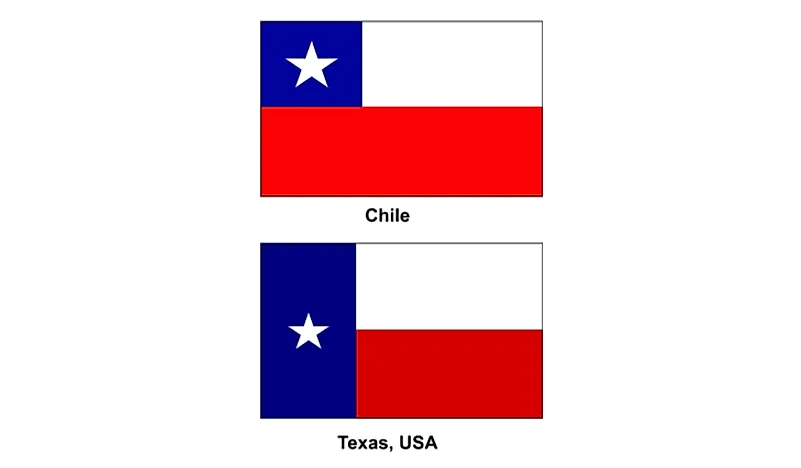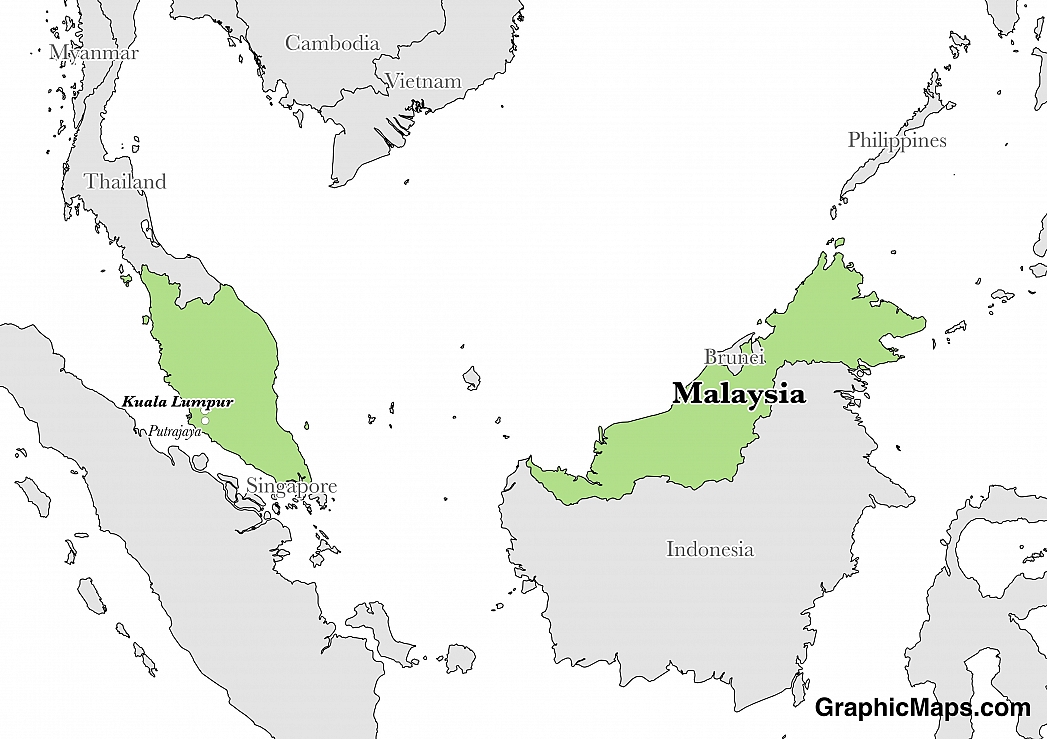The Malaysian government operates within a constitutional monarchy and has a parliamentary democracy. It is established under the Malaysian Constitution and constitutes three arms: the executive, the legislature, and the judiciary. Each of the 13 states has its own legislative and executive system while a universal judicial body (Federal Court) operates throughout the country. The federal government has the ultimate authority and is headed by the Prime Minister. The head of the monarch (king) is the head of state.
Elections in Malaysia take place once every 5 years at two levels: the federal and the state levels. However, the Parliament can be dissolved by the king at any period before the expiry of 5 years. An election will then be carried out within 3 months. Nominations are carried out at different levels and campaigning is allowed to run from the date of nomination until polling day. The election is by secret ballot with only registered voters allowed to cast their ballot. When a seat becomes vacant due to death or disqualification of a member, a by-election is conducted. Elections in Malaysia are overseen by a 7-member Commission (Election Commission of Malaysia) appointed by the king upon advice by the Prime Minister.
The Parliament of Malaysia is bicameral in nature. It comprises of the upper house (senate) and the lower house (house of representatives). The parliament is situated in the city of Kuala Lumpur at Lake Gardens. It was built and inaugurated 1963. Ivor Shipley, a British architect, designed and engineered its construction.
Major political parties in Malaysia include the National Front, the United Malays National Organisation, the Malaysian Chinese Association, and the Malaysian Indian Congress.
This page was last modified on May 1st, 2018
More on Graphicmaps

Published on 2019-11-06
What is a Trade Embargo?

Published on 2019-11-04
Which Two Countries Used to Have the Same Flag?

Published on 2019-09-16
What Is the Only Two-Sided State Flag?

Published on 2019-09-16
Which Country Flag Looks Like the Texas Flag?

Published on 2019-08-29
Flags That Resemble the US Flag

Published on 2019-08-20
